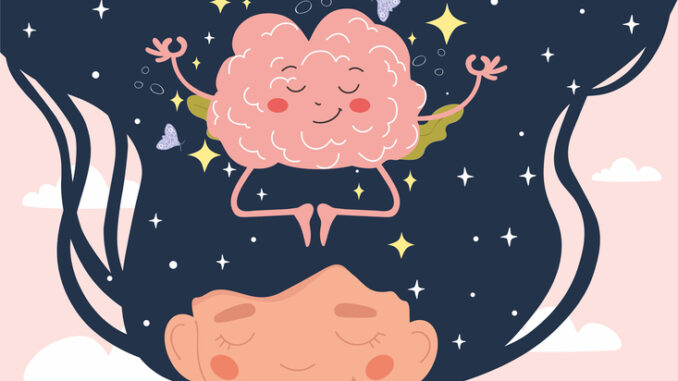
Now, more than ever, it‘s important to implement meaningful strategies to support pupil’s mental health in our schools
CREDIT: This is an edited version of an article that originally appeared on Hope Education
A child can experience mental health problems during the early years of their childhood, typically between the ages of five and 14. Mental health can affect a child’s learning and ability to understand. Good mental health allows a child to think, develop, learn and master new skills; however, approximately 10% of children around the world experience a mental health disorder that leads to negative psychosocial development in their childhood. Anxiety and depression are two common mental health concerns – here are four ways to help the children in your care.
Participating in physical activity
Encouraging children to participate in exercise and sports activities helps their emotional development. Regular exercise can help with sleep and encouraging children to exercise helps control the stress in the body which stimulates the nervous system to elevate a child’s mood. Benefits of exercising include:
- Helping children to learn and build social skills.
- Building self-esteem and confidence.
- Helping children to self-regulate.
Practising mindfulness
Practising mindfulness teaches children to focus on the present moment; this can help in supporting children’s mental health by detaching emotional thoughts or feelings. Find out more about mindfulness in our recent blog practice makes peaceful.
Forming habits in the early years often leads to a positive impact later in life as well as beneficial behavioural changes in childhood. The benefits of mindfulness are that it improves confidence, helps children to feel calm, reduces anxiety, improves their sense of focus, and helps them to understand their emotions and thoughts. The most effective way to practice mindfulness with children is to start with mindfulness exercises such as:
- Deep breathing.
- Yoga.
- Stretching.
- Meditating whilst sitting down.
Introduce opportunities for children to learn and share
Ways to introduce learning and sharing opportunities to children:
- Encourage them to read their favourite fictional book.
- Make the environment fun by introducing music.
- Let them create their own stories through songs and poems.
- Allow them to sing their favourite songs.
- Introduce words in different languages so that they can be creative and start to learn about various cultures.
Activities to help children’s emotional development
- Encourage children to explore their emotions through stories, books, and paintings; here at Hope we provide teachers with the support they need to boost a child’s confidence through our Exploring Emotions Kit 1.
- Help children to express their feelings and emotions by downloading our Express Yourself Worksheet. This will support children’s mental health by recognising their feelings and understanding their emotions.
- Encourage them to read our Little Book of Happiness which is packed full of ideas and activities to understand children’s feelings of happiness.
By providing mental health support to children you allow them to grow into a positive, healthy mindset which will allow them to progress through life as rounded, confident and healthy individuals.




Be the first to comment